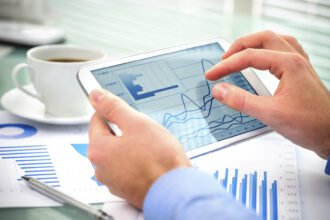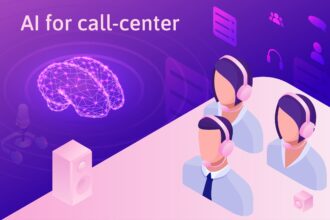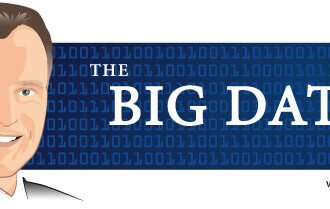 Economists have largely preferred to act within their own field and interpretations. However, the rise of big data challenges, data analytics, and machine learning is beginning to change all that.
Economists have largely preferred to act within their own field and interpretations. However, the rise of big data challenges, data analytics, and machine learning is beginning to change all that.
 Economists have largely preferred to act within their own field and interpretations. However, the rise of big data challenges, data analytics, and machine learning is beginning to change all that. In the summer of 2015, Susan Athey, a Professor of Economics of Technology at Stanford attracted a crowd of over 250 economists for a one-day instructive session on machine learning. In the article publinshed on Quora.com recounting the event, Athey stated that she thinks machine learning will have an “enormous impact” on the field of economics especially as economists learn to tailor their methodologies to include machine learning.
Economists have largely preferred to act within their own field and interpretations. However, the rise of big data challenges, data analytics, and machine learning is beginning to change all that. In the summer of 2015, Susan Athey, a Professor of Economics of Technology at Stanford attracted a crowd of over 250 economists for a one-day instructive session on machine learning. In the article publinshed on Quora.com recounting the event, Athey stated that she thinks machine learning will have an “enormous impact” on the field of economics especially as economists learn to tailor their methodologies to include machine learning.
Why Economists Need Machine Learning
Historically, the discipline of economics has always been categorized among the social sciences, which means the word ‘science’ should be understood as somewhat loosely applied. Unlike the natural sciences, which are prescribed as strictly positivist and bound by the ideals of empirical truth to only build theories around quantitative data that can be measured and duplicated, social sciences are often influenced by observations that are open to interpretation. In social sciences, research models can be eclectic, built from combination of qualitative and quantitative data. And conclusions drawn from models like that are prone to the influence of bias and personal ideologies. Not that hard sciences can’t also be prone to bias and ideology. It’s just that the whole point of the strict empirical research model is to limit the potential for bias and interpretive ambiguity.
Tragedy of the Commons and Other Ideological Chinks in Economics Models
One stark example of nebulous ideology clouding economics theory came from Alan Greenspan. Arguably the most famous economist living, Greenspan served as Chairman of the Federal Reserve from 1987 to 2006, but had served every U.S. president in some capacity dating back to the Richard Nixon administration. In the aftermath of the 2007 economic crisis, Greenspan was called to testify before a congressional hearing. In his testimony he said he had subscribed to a laissez faire style of free-market capitalism, which appeared to be worked fine throughout the course of his 40-year public career. It’s common knowledge that Greenspan’s interpretation of his economic theory was heavily influenced by his personal association with the objectivist author Ayn Rand, whose ideology treats self interest as the highest moral virtue, but does not identify community, sustainability, or collective good as constituents of self interest. That’s the part that’s open to interpretation. In his testimony to congress he admitted that his flawed ideology had clouded his judgement to the point that he had failed to recognize that his radically unregulated market economy left no incentives for executives in the banking sector to preserve the interests of their shareholders. According to a report published in The Guardian, Greenspan admitted that without his ideological influences he probably would have seen the subprime mortgage crisis coming.
So Much Complexity is Hard to Manage
Economists like Greenspan are only human, and economics is a complex and nuanced combination of art and science. It’s far more complex than say, business management. Economists concern themselves with the broad implications of public policy, as opposed to just building models that predict prices or quantities of commodities like the ones used in quantitative trading. Economists study things like the effects of price changes, or price discrimination, or changes to the minimum wage, or the efficacy of advertising and marketing initiatives across the full scope of social contexts. And it’s a tricky game because so many factors can influence the numerical value of a certain metric, or the price of a commodity or index, especially at the macro level. The goal of economics has always been to draw causal connections based on complex sets of conditions, like what may happen if some change occurs, or doesn’t occur.
In the Future, Robots Will Study Social Science
Because big data is so new, the debate over which analytics model is best suited to serve social science differences; Spark vs. Hadoop, for example. Meanwhile there are critical differences in how machine learning methodologies and social sciences establish their research parameters, which will need to be reconciled. Athey says she is “exploring the idea that you might take the strengths and innovations of ML methods, but apply them to causal inference.”









